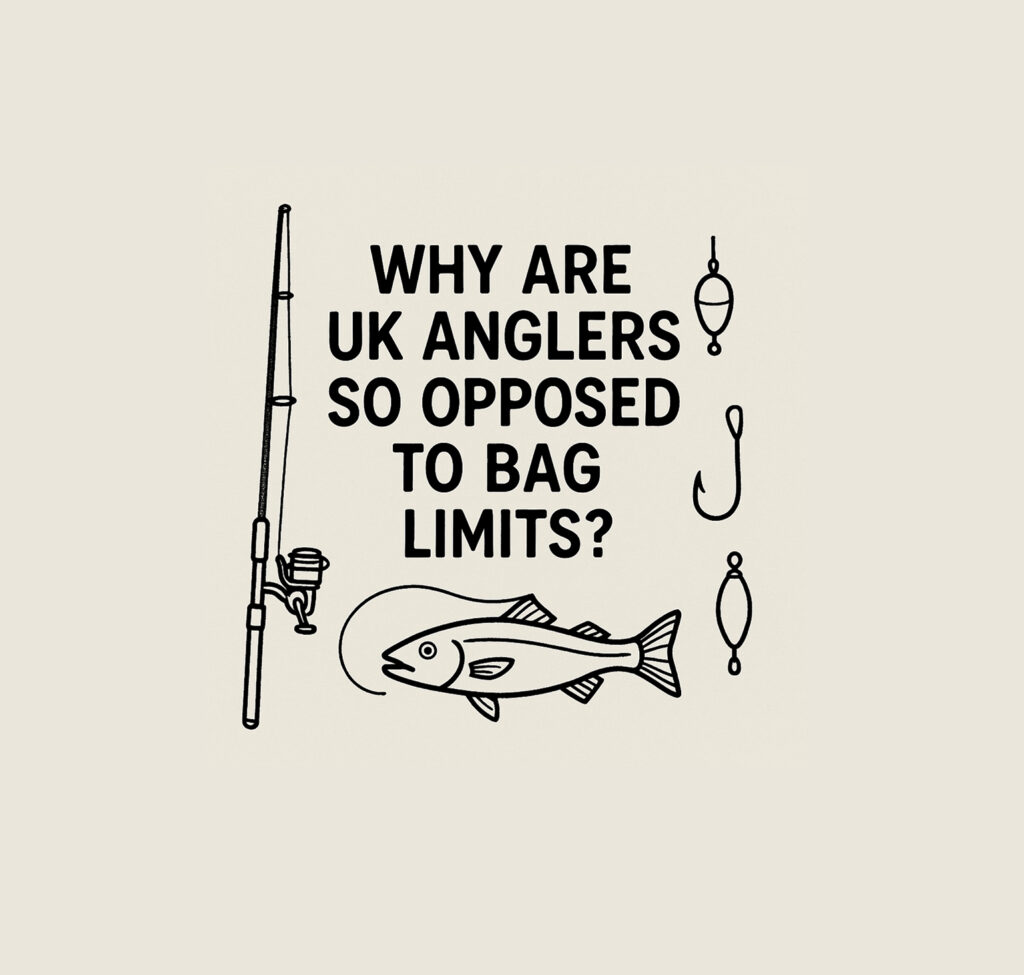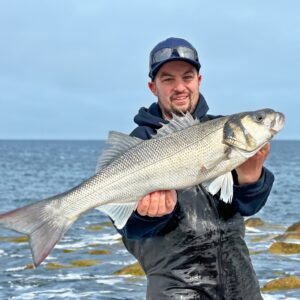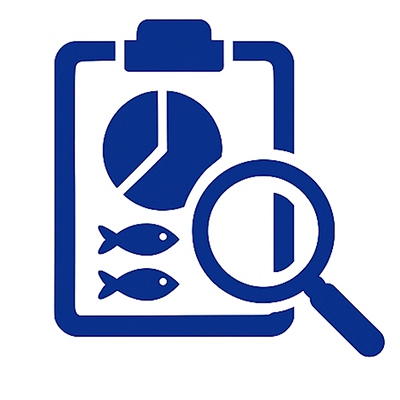In the UK, the idea of bag limits in recreational fishing tends to cause a lot of frustration. Historically, we’ve had very few limits on how many fish we can take home, with bass being the main exception. But now, voluntary measures for species like pollock and bream are starting to spread, and it looks like bag limits could become more common. So, is it really something we should worry about?
Fishing as a Right
For many anglers, fishing has always been about personal choice. It’s something we’ve done for generations without much red tape. The idea that we should be told how many fish we can catch feels like an attack on that freedom. But while recreational fishing is just a small part of the overall fishing pressure, it’s still important that we play our part in keeping things sustainable for the long run.
Bag Limits: They Work Elsewhere
Bag limits aren’t a new idea. Countries like the US, Australia, and New Zealand have been using them for years, and it’s worked well. They’ve helped bring fish stocks back to healthy levels and made sure there’s plenty of fish for future anglers.
Cutting Down on Wastage and Black Market Sales
One of the benefits of bag limits is that they help cut down on wastage and illegal selling. When you can only keep a set number of fish, there’s less temptation to sell any extra you catch. It also means anglers are more likely to take only what they need and avoid throwing wasted fish away from the freezer when it goes uneaten.
Bag Limits: Fair and Practical
When done right, bag limits aren’t about punishing anglers – they’re about keeping fishing sustainable for the long term. They help make sure we still have fish to catch for years to come, without overfishing. If the rules are fair, bag limits can actually help us keep enjoying the sport, rather than taking something away from us.
Adopting sensible bag limits is a way for anglers to do their bit. It’s not about restricting our rights, it’s about making sure fishing stays around for everyone, for a long time.







